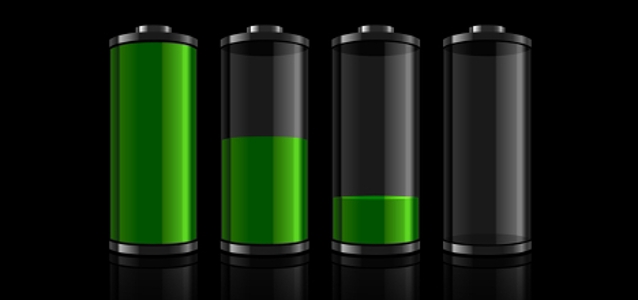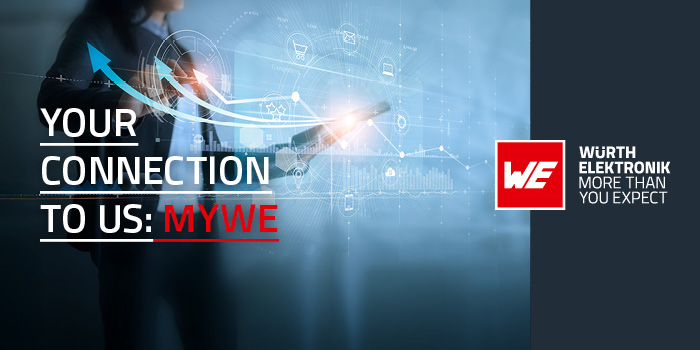
© scanrail dreamstime.com
Electronics Production |
Ford accelerates battery R&D with new battery centre
Ford is launching a new global battery centre of excellence – called Ford Ion Park – to accelerate its R&D of battery and battery cell technology, including future battery manufacturing.
“We’re already scaling production of all-electric vehicles around the world as more customers experience and crave the fun-to-drive benefits of electric vehicles with zero emissions,” says Hau Thai-Tang, Ford's chief product platform and operations officer in a press release. “Investing in more battery R&D ultimately will help us speed the process to deliver more, even better, lower cost EVs for customers over time.”
With this move the company is centralising a cross-functional team of 150 experts in battery technology development, research, manufacturing, planning, purchasing, quality and finance; aiming to more quickly develop and manufacture battery cells and batteries. The Ford Ion Park team will also explore better integration and innovation opportunities across all aspects of the value chain – from mines to recycling.
The Ford Ion Park team already is underway. In addition, a USD 185 million collaborative learning lab in Southeast Michigan that is dedicated to developing, testing and building vehicle battery cells and cell arrays opens late next year. This 200'000 sq.-ft. learning lab will include pilot-scale equipment for electrode, cell and array design and manufacturing.
Anand Sankaran will lead the Ford Ion Park team as its new director. A 30-year veteran of Ford, Sankaran brings to the new position decades of battery and electrification expertise – including his current role as the company’s director of Electrified Systems Engineering.
New lab to support Ford Ion Park development work
Ford’s new Battery Benchmarking and Test Laboratory in Allen Park, Mich., will help to test and identify the right battery cells and chemistries to power Ford’s growing EV lineup to best meet different customers’ needs.
“While some automakers have placed their bets, we are going to use this lab with the help of partners and suppliers to fine-tune our batteries to our vehicles and customer needs – exploring next-generation lithium ion solutions, including solid-state batteries,” Sankaran says in the press release.
Ford’s Battery Benchmarking and Test Laboratory, which opened late last year, has 150 test chambers and 325 channels for development work. Experts at the USD 100 million, 185,000 sq.-ft. lab already have analysed more than 150 types of battery cells.
Ford this year announced its commitment to invest at least USD 22 billion through 2025 to deliver connected, electrified vehicles, building on its areas of strength, starting with EV versions of its most popular nameplates.



